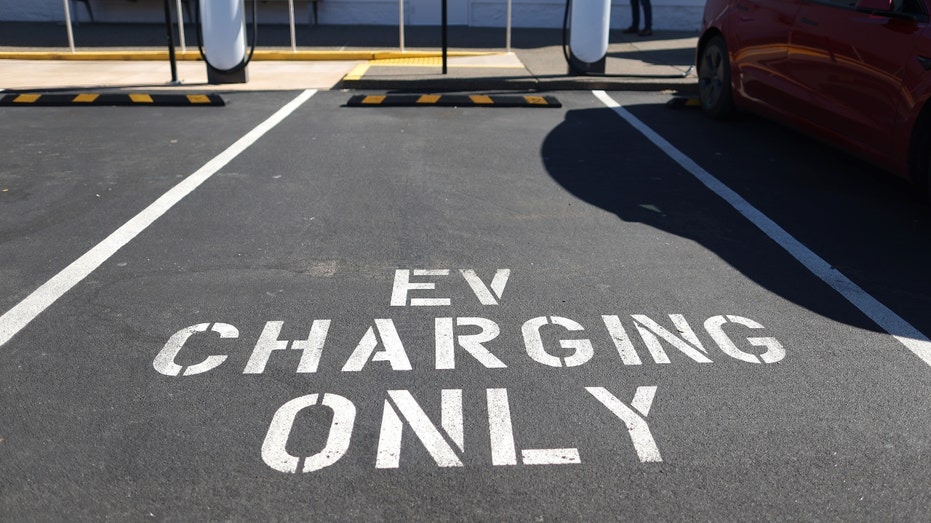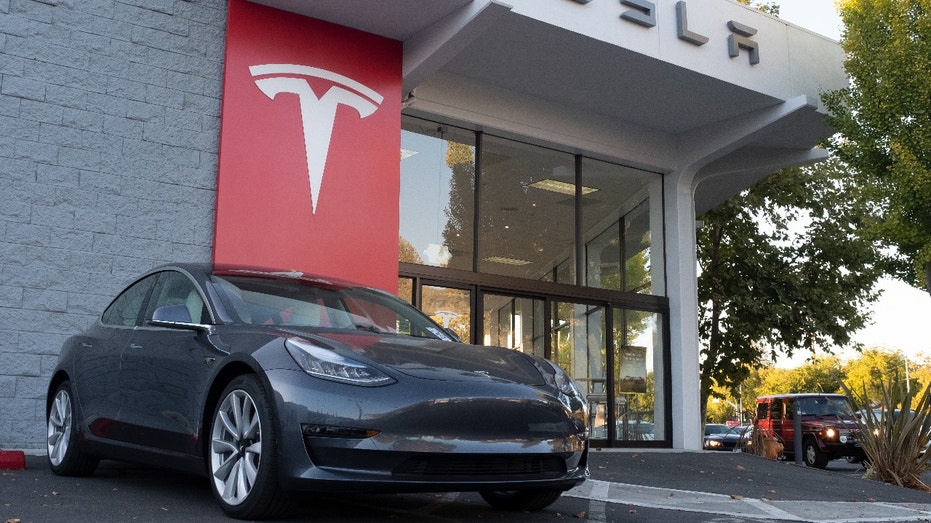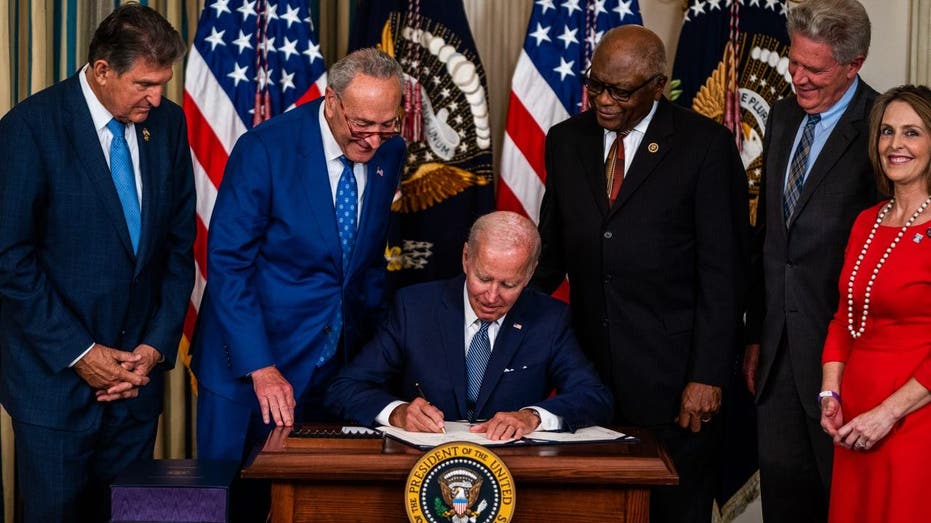Italian company plans 10,000 fast chargers across US to meet EV demand
Enel expects to add at least two million chargers, including home systems, in North America by the end of the decade.
Rep. Michael Burgess on green energy agenda: 'All the warning signs should be going off'
Rep. Michael Burgess, R-Texas, discusses the U.S.' green energy push, the reliance on China and a proposal to cut vehicle emissions.
Italian energy giant Enel SpA said it plans to add 10,000 electric-vehicle fast chargers in the U.S. by 2030, an effort to capitalize on the Biden administration’s efforts to switch more drivers to greener cars.
If Enel follows through on the plan, which it announced on Thursday, it would almost double the number of public fast chargers available to all drivers in the U.S. The availability of such chargers is considered one of the key requisites for the wider adoption of electric vehicles.
The Biden administration this week proposed new, tougher tailpipe emissions restrictions intended to accelerate the switch to EVs. New standards for light-duty vehicles would apply to the 2027 to 2032 model years.

Tesla Supercharger station in Corte Madera, Calif. (Justin Sullivan/Getty Images / Getty Images)
| Ticker | Security | Last | Change | Change % |
|---|---|---|---|---|
| ESOCF | ENEL SPA | 12.05 | +0.23 | +1.92% |
Enel said Thursday that it expects to add at least two million chargers overall this decade in North America. Most of that new gear would come from selling at-home chargers that repower an EV battery over several hours, though its plans for building public fast chargers would make it one of the largest operators in that market.
FORMER ENERGY SECRETARY TORCHES BIDEN ADMIN OVER EV POCKET PUNCH: 'THIS IS AN EPA RUN AMOK'
Chris Baker, head of charging subsidiary Enel X Way North America, said that government incentives and an uptick in EV adoption further convinced the company that it was time to enter the public charging market.
"We can come in and make a big commitment and take a long-term view on it," Mr. Baker said. "It’s an infrastructure play." He didn’t disclose the size of the investment.
At-home charging is the cheapest way to fuel but it takes time, while fast chargers can repower a car battery in about 30 minutes. Prices vary depending on EV efficiency and the electricity market, but a fast charge can cost around $13 for a midsize car to travel 100 miles.
The U.S. has around 11,500 fast-charging ports now that are open to any kind of vehicle, while EV market leader Tesla Inc. has a network for its own drivers with about 18,700, according to government data.

Tesla vehicles are on display at a Tesla store in Palo Alto, Calif. (Yichuan Cao/NurPhoto via Getty Images / Fox News)
| Ticker | Security | Last | Change | Change % |
|---|---|---|---|---|
| TSLA | TESLA INC. | 411.11 | +13.90 | +3.50% |
Enel’s fast-charging build-out is planned in the U.S., where the government has put billions on the table to try to create a national highway network of the equipment to ease "range anxiety," the stress that drivers have about running out of juice on longer road trips.
ELON MUSKS BUYS THOUSANDS OF GPUS FOR TWITTER A.I. PROJECT: REPORT
The Biden administration has started giving states $7.5 billion to fund charging build-outs, money included in the $1 trillion infrastructure bill passed by Congress in 2021. Tax credits for installing EV chargers also were approved as part of last year’s Inflation Reduction Act. Enel would be in line to qualify for government funding.

US President Joe Biden signs into law H.R. 5376, the Inflation Reduction Act of 2022 (climate change and health care bill) in the State Dining Room of the White House on Tuesday August 16, 2022. From left, Sen. Joe Manchin (D-W. Va.), Senate Majority (Demetrius Freeman/The Washington Post via Getty Images / Getty Images)
Until now, Enel’s charging business has been focused on selling at-home and private commercial equipment in North America, though it has a large public charging network in Europe. Much of its work in Mexico is focused on fleet charging. Enel North America, another of its subsidiaries, is also a large developer of renewable energy and battery projects in the U.S. and is making a massive push into solar-panel manufacturing there.
CLICK HERE TO GET THE FOX BUSINESS APP
The availability and reliability of fast chargers has been a hangup for wider EV adoption. Adding fast chargers is complex because of the large electric load and amount of costly infrastructure needed, but a rush of investment announcements have come in the wake of the new U.S. laws.




















